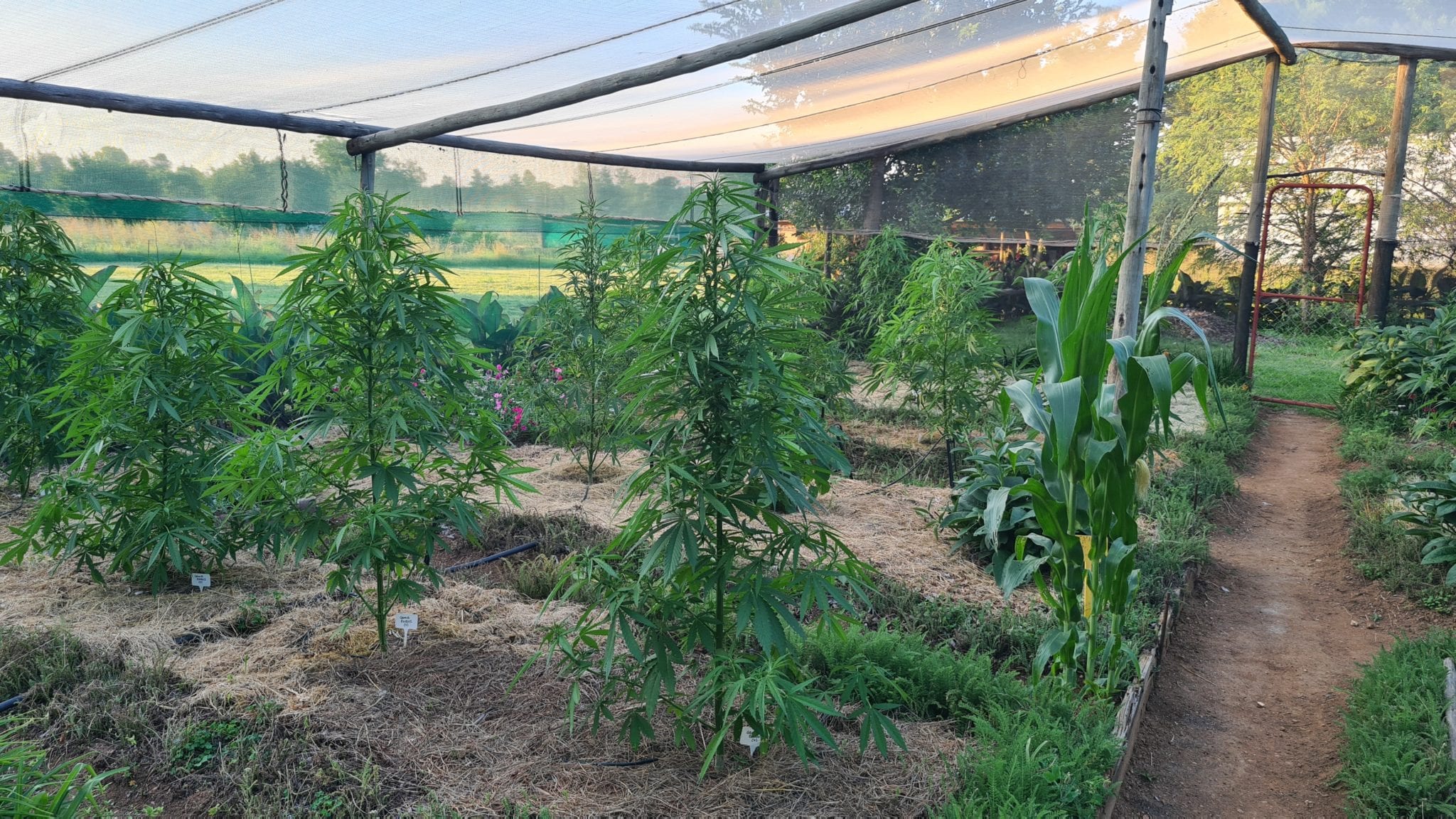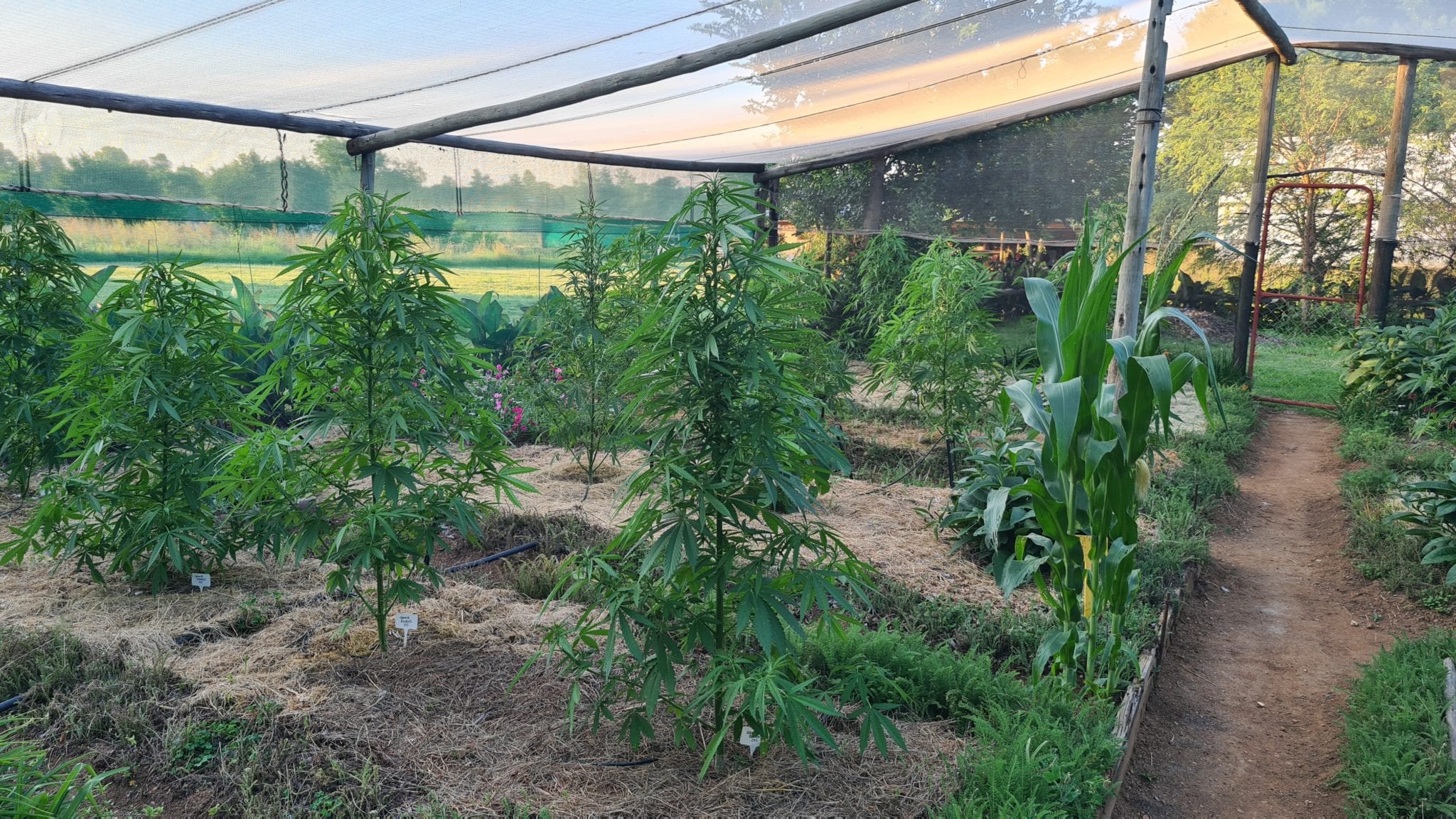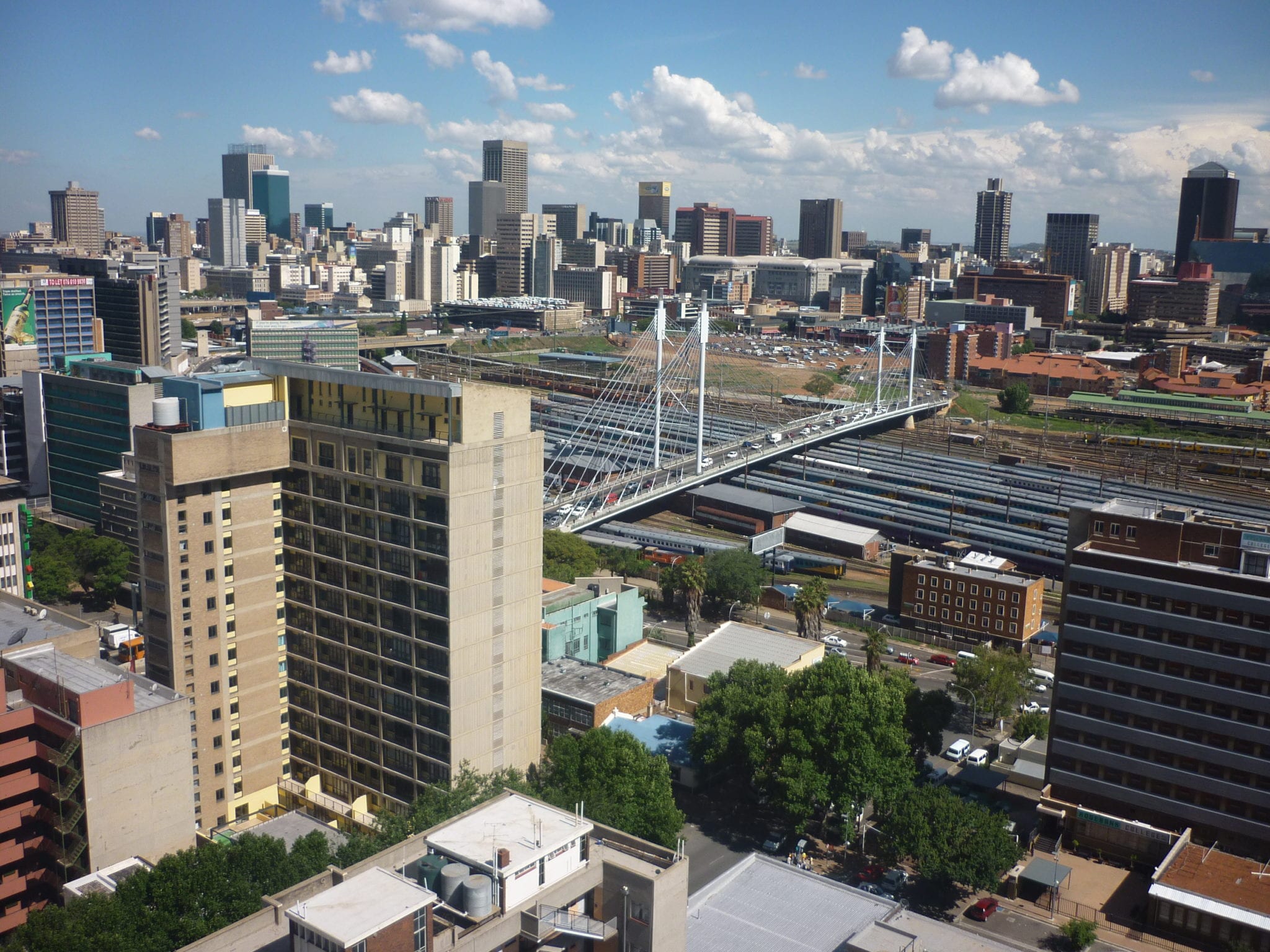South Africa’s new master plan is a bright spark for those dismayed by lawmakers’ previous attempts to reform the country’s cannabis laws in recent years.
Introduced in 2018, the Cannabis for Private Purposes Bill legalizes personal cultivation but otherwise takes a punitive approach by criminalizing most cannabis activities, including buying and selling.
After receiving public comments on the widely denounced legislation, the South African Department of Agriculture, Land Reform and Rural Development (DALRRD) led the development of the cannabis master plan, which was presented to the justice committee on August 25.
The document is comprehensive, focusing on turning the plant into an industry that grows its own seeds, legitimizes centuries-old illicit farming and provides the local market with cannabis — known locally as dagga — products.
Read more: South Africa’s cannabis bill is widely unpopular — here’s why
The plan wants to bring together the business, government, civil society and communities to create an industry that’s safe, non-discriminatory and prosperous. In addition to removing all references to cannabis as a scheduled substance, the government’s role in the plan is to:
- create a conducive policy, regulatory and legal environment;
- enact a compulsory seed registration and certification scheme;
- leverage traditional knowledge to support research and development programs;
- provide technical and financial support to farmers;
- develop the local market and facilitate new export markets for South African cannabis products;
- develop and support the growth of manufacturing and product development capabilities;
- implement education and training programs.
While the master plan is being celebrated as a meaningful step forward, critics point out that it lacks a restorative justice component for communities hurt most by prohibition, ignores the thousands of Indigenous Black farmers who are the backbone of the dagga industry today and borrows too heavily from other countries’ laws rather than tailor to South Africa’s strengths.
Early in September, the new legislation will be on the agenda for two days’ discussion by parliament’s justice committee, focusing on public feedback to the bill. The plan itself tacitly acknowledges delays, stating that government will pass the bill this or next year.
DALRRD has indicated it plans to start issuing hemp licences in October.
The plan has timelines to complete much of its goals, ranging from one to three years. Although they are realistic timelines, the government has yet to make any significant headway.
A Constitutional Court ruling in 2018 gave government two years to pass a bill to legalize dagga, but the draft Cannabis for Private Purposes Bill is still under consideration by Parliament.
Leveraging the local supply chain to build a cannabis industry
The department estimates South Africa’s cannabis market to be worth around R28 billion (C$2.45 billion). DALRRD further speculates that there are 3.5 million dagga users in the country, with the bulk of the sector operating in the black market. Interpol lists South Africa as the fourth-largest cannabis producer in the world.
The significant domestic market is why the plan initially pushes for building on local demand rather than exporting. The plan’s authors believe the export market is still unpredictable, so they advocate for a strategy of substituting cannabis products that South Africans in the legal market already import, such as CBD oil, while formalizing the black market.
South African companies are also eager to participate in a formal market.
Separations — an instrumentation and consumables supplier for research laboratories and biopharmaceutical manufacturers — currently supports local and international companies in the medical cannabis market, and is interested in expanding to consumer packaged goods.
According to Jeff Verlinden, a biopharma sales professional at the company, DALRRD and the South African Health Products Regulatory Authority (SAHPRA) have actively engaged with the industry. Still, private players need to hear more from the justice department and the Directorate of Food Control to proceed with confidence.
Many local businesses are eager to participate in a structured, legal market, but they grow impatient.
“I support the introduction of a policy framework sooner rather than later. The nature of the policy is up for debate, but we need to stop missing basic deadlines for policy reform,” Verlinden tells Mugglehead.
Separations wants to play a part in standardizing cannabis-based medical and consumer packaged goods, along with associated testing standards for those products.
Welile Mbolekwa, founder and CEO of ISO Management, is worried the plan draws more from international practices than local
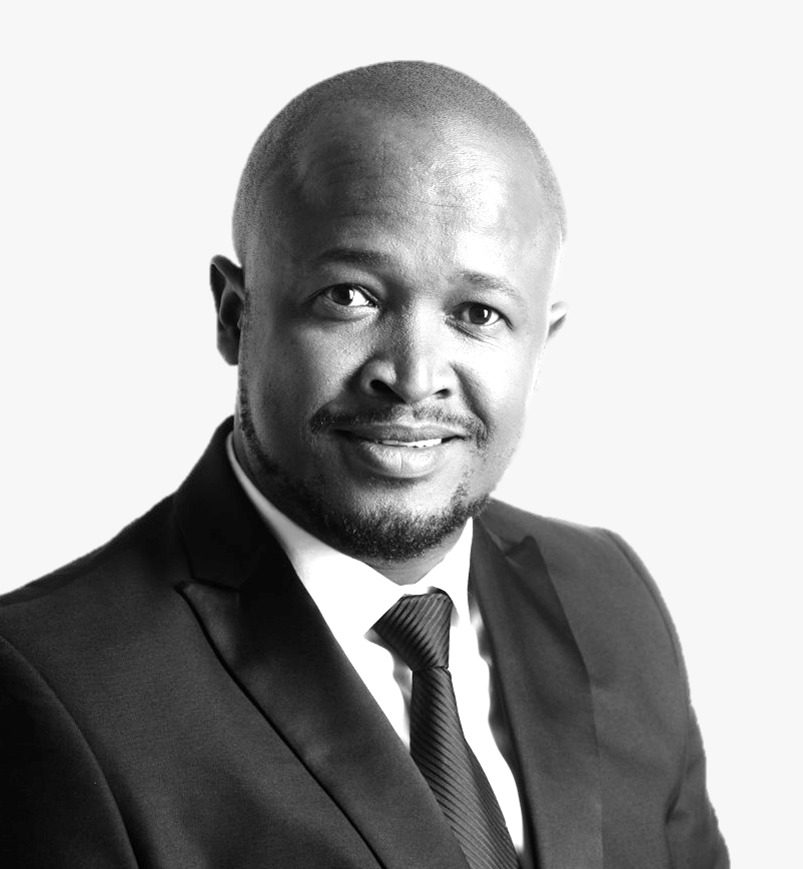
Business owner Welile Mbolekwa is excited for a regulated cannabis industry, but wants more to be done to retain the integrity of prized South African genetics. Submitted photo
sources. He wants an industry that looks from within for its strength and direction.
ISO Management is a compliance and manufacturing company with a specialization in indigenous herbs. Indigenous startups use ISO’s services for turnkey solutions that resonate with the legacy dagga market.
“Canada and America’s climate is different, so their strength is using artificial light or radiation to grow plants, yet we have the best sun and atmosphere here,” Mbolekwa says. “The master plan could have looked deeper into the Indigenous growing of cannabis rather than copying and pasting what they are doing in Canada and America.”
Mbolekwa is concerned that the reliance on foreign policies, technology and practices will hamper South Africa’s chances of creating a robust, distinct market. In his view, the new laws will create loopholes where foreign government will become the so-called Big Brother and dictate how transactions should take place.
“Whereas cannabis has been grown here for generations, for centuries,” he says. “I grew up around the Eastern Cape Highlands, bordering the Lesotho Highlands, where people have been growing it for generations — three, four, five generations.”
“Foreign manipulated strains are coming into the country, diluting what we have. Our strains have been profiled and found to be quite superior.”
Despite concerns, Mbolekwa says he’s eager for a legal industry. But he believes the cannabis master plan won’t be of much help if it doesn’t protect the integrity of indigenous strains on home soil, nor protects them from copycat cultivation in other countries.
“As we speak, Canada, America, and all these countries are selling our strains like Durban Poison, Phondo Gold, and Drakensberger. We need to protect those indigenous strains so that when you grow these strains, you must grow in South Africa.”
Will Black operators at the heart of South Africa’s cannabis legacy be included in the market’s future success?
According to the plan, studies by the Centre for Scientific and Industrial Research in 1999 showed that Eastern Cape, Western Cape and KwaZulu-Natal — also called the Dagga Belt — had favourable conditions for growing hemp. This region will likely become South Africa’s cannabis hub.
It’s the Dagga Belt with an estimated 900,000 small-scale farmers who supply Cape Town, Johannesburg, Durban as well as other South African towns and cities. Among those communities, millions depend on the dagga trade to make a living, including the farmers, smugglers, go-betweens and dealers.
Read more: Lawmakers are keeping South Africa’s kasinomic cannabis economy in the shadows
Naturally, these communities are worried legalization will affect their income since they don’t have the means to join the regulated economy. Officials estimate that setting up a legal, medical research facility can be up to R6 million (C$530,000), which is out of reach for most farmers.
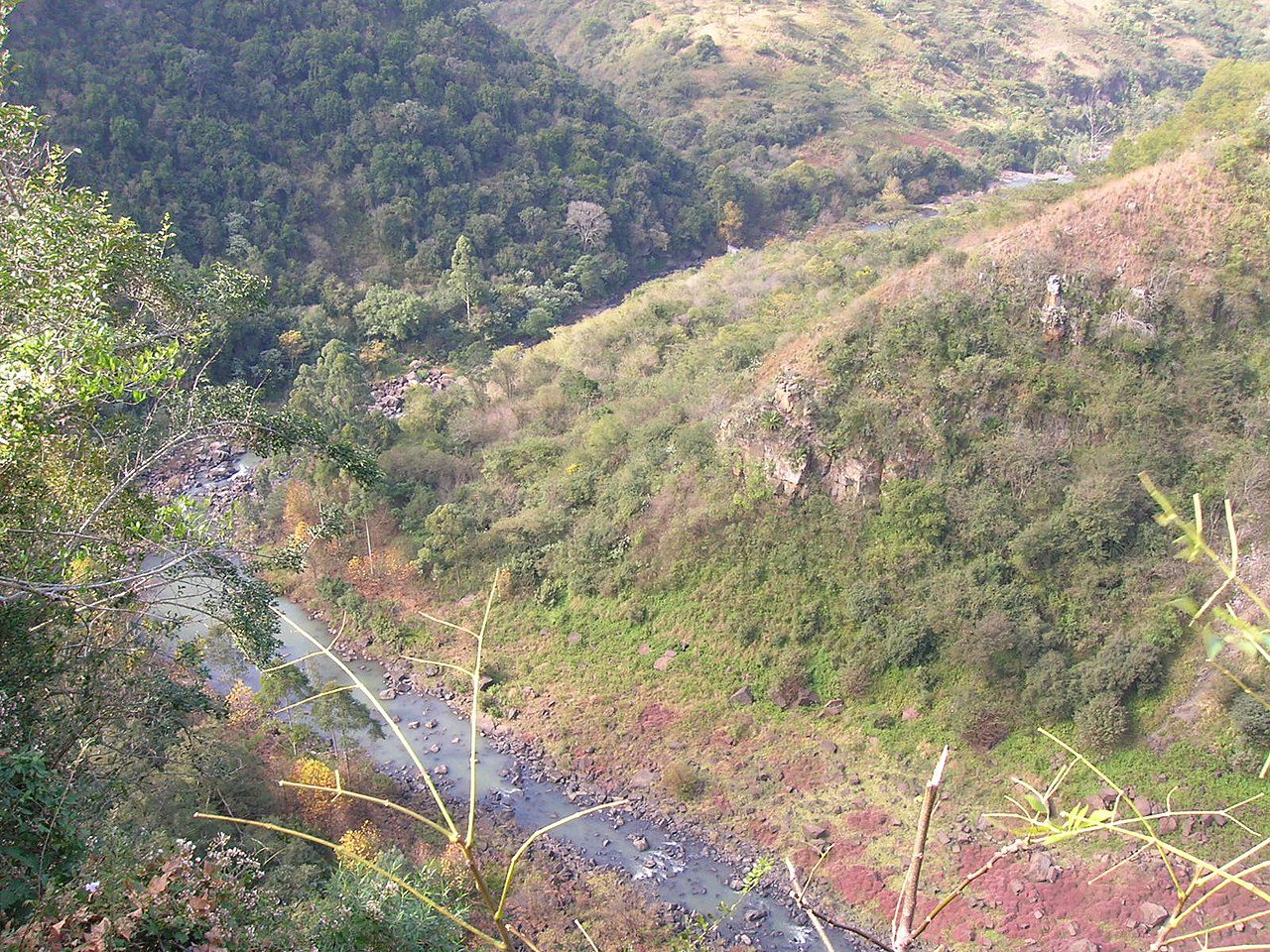
Much of South Africa’s cannabis is grown in the lush region known as the Dagga Belt. Photo of the Mngeni River in KwaZulu-Natal by User:kierano via Wikimedia Commons
Not only will legacy operators not be able to join the legal market, but their customer base will likely be taken away by licensed businesses.
The Black Farmers Association of South Africa (BFASA) wants Black farmers to benefit from cannabis, particularly in the Dagga Belt. The group has the same concerns about the primarily poor Black families that rely on the illicit cannabis trade.
In April, BFASA held a protest at SAHPRA offices to represent the fears of small-scale farmers. According to a BFASA statement, SAHPRA was excluding Indigenous people by awarding licences to companies that were primarily white, deep-pocketed and international. SAHPRA denied the accusations and said it issues licences according to strict protocols.
DALRRD, in partnership with the department of small business development, is tasked with providing technical and financial support to smallholder farmers. But without a legal framework in place, there’s still no formal system, retail, government assistance or financing.
Concerns regarding exclusion of Dagga Belt farmers have the potential to become a stronger political issue in the months to come.
South African politics currently lean heavily to the left as it battles inequality from apartheid and neocolonialism. This is why the plan’s creators are wary of large corporations dominating the industry.
The plan mentions using competition laws to create an inclusive industry with small, medium and large players. However, that may not be enough as the country already has extreme ownership concentration in other industries like banking, retail and media, under the same competition laws.
Cannabis plan falls short on restorative justice
While the plan focuses heavily on economic potential, mostly for non-THC-containing products, social and racial justice components of prohibitionist drug policy are largely ignored, says MJ Stowe, program coordinator at the South African Network of People Who Use Drugs (SANPUD). The organization advocates for the rights of people who use drugs, including cannabis.
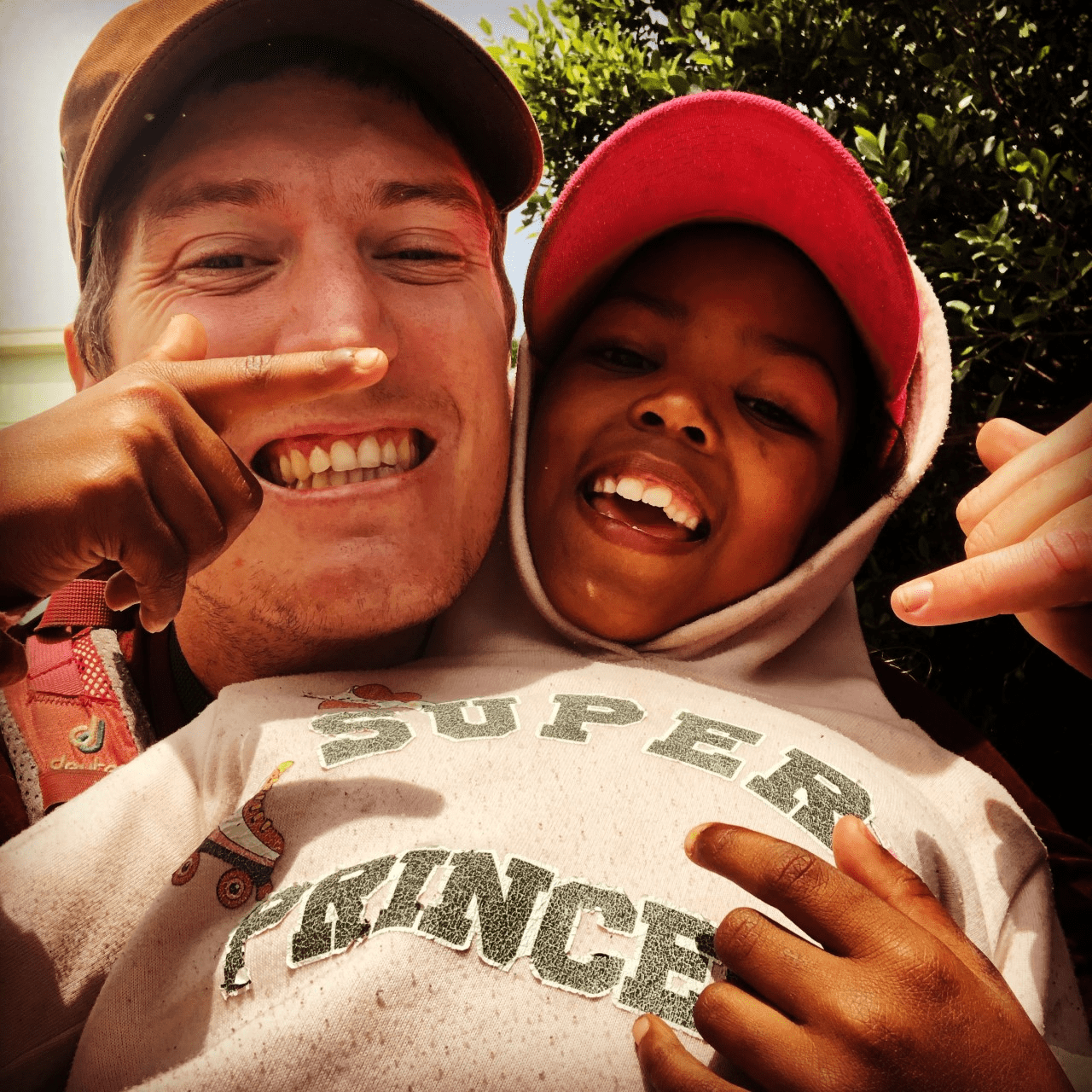
Activist MJ Stowe (left) and his organization SANPUD want South Africa’s cannabis industry to reflect the disproportionate impacts of drug policing on communities of colour. Stowe pictured with a child of a SANPUD beneficiary family
“There is scope for ensuring that those most impacted by the criminalization of cannabis use — overwhelmingly people of colour — benefit from the national cannabis master plan. People of colour and other marginalized groups need to be at the centre of cannabis law reform in South Africa,” Stowe continues. “They should have a meaningful and substantial stake in the development and growth of the cannabis sector.”
Many American states that have legal cannabis programs have included social equity provisions with the intent of propping up communities hit hardest by prohibition, with some limiting the extent to which larger corporations can dominate the market.
Read more: New York legalizes US’s most progressive recreational weed market
For cannabis to be commercialized, the plan calls for another department to spearhead the effort. As the government draws up cannabis legislation and regulations, SANPUD wants it to approach drug policy reform grounded in racial and social justice. The group is committed to ensuring that people previously impacted by criminalization have their voices heard in the development of South Africa’s cannabis industry.
Although Stowe has no interest in taking any piece of the plan out, he believes there are numerous aspects that government could add.
“I would want to see a section dedicated to outlining how those most impacted by cannabis criminalization, people of colour and other marginalized groups, are to be meaningfully involved in the cannabis sector, contributing to its development and growth. This section should describe how vulnerable and marginalized groups will financially benefit from the industry, with practical, action-orientated efforts being made to address past racial, social and economic injustices against people of colour. “

